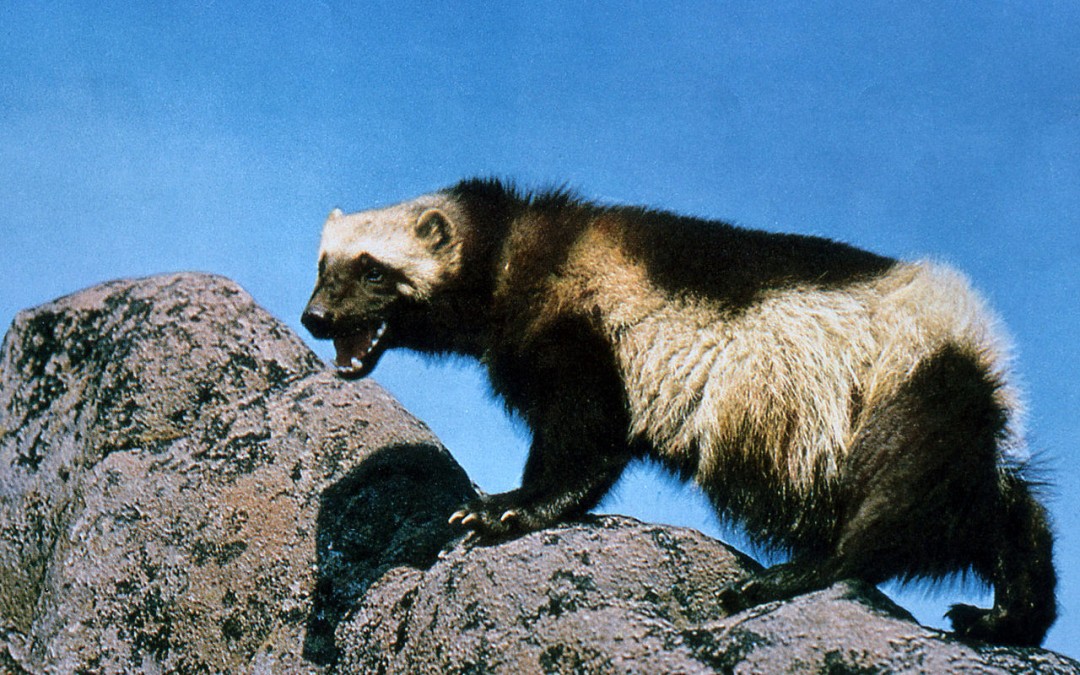Today’s presentation is by John Mellgren from Western Environmental Law Center (WELC) and is about the decreasing wolverine population and protecting endangered species. Here are a few points from John’s presentation:
- WELC was founded in 1993 and has offices in Eugene, Taos, Helena and Seattle.
- WELC runs the environmental law program at the University of Oregon and students are given a very practical education, working on real cases.
- The Wildlands Program and the Climate & Energy Program are the two main programs on which WELC concentrates.
- The Canada Lynx, the Wolverine, Salmon, the Northern Spotted Owl, and the Grey Wolf are species that WELC focuses on.
- Endangered species are in danger of extinction throughout all or a significant portion of its range. Threatened species are likely to become endangered.
- Listing a species prevents intentional and unintentional take of species and adds additional requirements for federal government.
The Wolverine
There are only about 200 Wolverines left in the US. Wolverines need snow all the way through May or June in order to have kits (baby wolverines). Otherwise they don’t have them at all or abandon them. Within the US, they primarily live in the northern states and a large percentage live throughout Glacier National Park (there are only a few in Oregon). Their fur is highly sought after because of its arctic qualities and low frost accumulation and trapping has been a big problem. Wolverines are primarily scavengers. They are excellent climbers and move over huge amounts of land in a short amount of time.
The US Fish and Wildlife Service recently decided not to list the Wolverine on the threatened species list. WELC was able to initiate legislation to sue the US Fish and Wildlife Service to force them to reconsider their decision. They were previously able to successfully pursue litigation that now prevents trapping throughout Montana. However, climate change is a huge factor in why the Wolverine population is decreasing in addition to other factors like lack of genetic diversity, trapping in other states, etc.
John joined WELC as staff attorney in 2011. Prior to WELC, John worked for Earthjustice, Fiscalía del Medio Ambiente, Our Children’s Trust, and as a Legislative Aide for a Michigan state senator. John holds a B.A. (Economics and Political Science) from the University of Michigan and J.D. (Certificate in Environmental & Natural Resources Law) from the University of Oregon, where he served as Co-Director of the 2010 Public Interest Environmental Law Conference. John works in the Wildlands & Wildlife program, with a focus on preserving forests, protecting predators, and reducing the impact of recreational vehicles on public lands.

